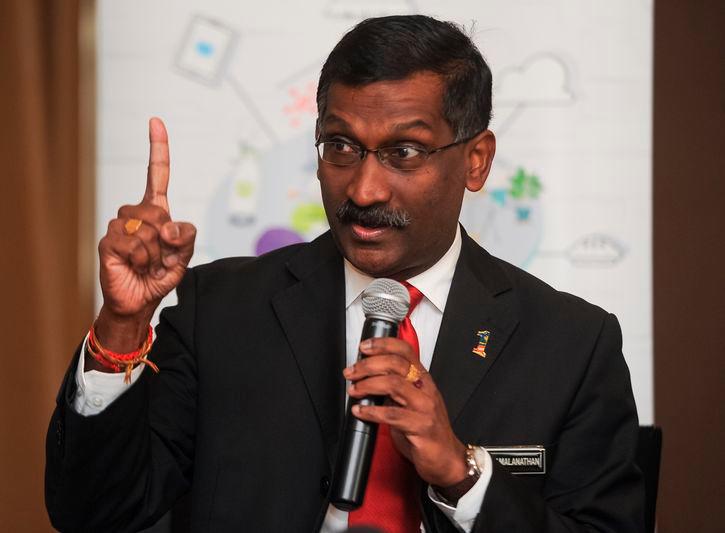PETALING JAYA: Two public relations bodies have expressed support for a proposal by the Institute of Public Relations Malaysia (IPRM) to have a Public Relations Practitioners Act passed in Parliament to raise the standards of the practice. However, they also expressed some concerns.
Their joint statement to theSun was issued by the Public Relations and Communications Association Malaysia (PRCA) and the recently set up Public Relations Practitioners Society of Malaysia (PRactitioners).
“While we support the objective of elevating standards within the PR industry, practitioners must come together to consider the need for such an Act, which should be well-conceived and developed through comprehensive discussions involving all key stakeholders.”
“The scope of any Act should be carefully considered. It must cover ethical practices, transparency, accountability, professional competence, public interest and industry standards,” said PRCA president Prof Mohd Said Bani C.M. Din.
“However, without a solid foundation and representation from all quarters, we risk causing more fragmentation within our industry.”
PRactitioners chairman Datuk P. Kamalanathan said: “Our priority should be to establish a framework that upholds the highest standards of ethical practice and professionalism without causing unnecessary disruption or fragmentation.”
He said while the intent behind the proposed Act is commendable, the idea that the challenges faced by practitioners and the industry as a whole can be resolved through the Act is too simple.
On who would be qualified to oversee the proposed mandatory licensing, registration and accreditation process, Kamalanathan suggested it should be a government official or relevant department.
He said if an Act is the way forward, a (relevant) ministry should lead the initiative.
“While both PRCA and PRactitioners support efforts to elevate the standards of the PR industry, the approach must be inclusive, well-planned and representative of all stakeholders.”
Mohd Said and Kamalanathan were commenting on a July 11 report in theSun, in which IPRM president Jaffri Amin Osman said the institute would gather feedback through several planned stakeholder engagement sessions starting in October, to have Parliament pass the Act.
Jaffri said the Act was needed to deter “unethical conduct” by some PR practitioners who may embellish the truth, do not provide source identification when making “outlandish” claims and practise deception in their press releases.
His comments came amid recent press releases from some PR firms, that contained grossly misleading information that could not be substantiated.
While he stressed that most PR practitioners adhered to the values and ethics of the profession, Jaffri attributed such misinformation to those who have not yet developed a strong understanding of effective communication strategies.
“Some clients could be unfamiliar with PR best practices, while some PR firms struggle to balance client expectations with ethical and effective communications.”
Jaffri welcomed the comments from PRCA and PRactitioners and pointed out that IPRM’s original statement had stressed that its engagement sessions from October until April 2025 on the proposed Act would include “all stakeholders”.
“As the national PR body established in 1962, IPRM has always been at the forefront of elevating the PR practice and standards in the country.
“Responsible, transparent and accountable communication should remain the thrust of PR.”
Jaffri added that when IPRM first conceived the idea for the Act, initial research, discussions and engagements were held with various stakeholders, including those from the Information Department, academics, several PR practitioners, PR agencies and senior corporate communications personnel.
“We believe the Act is important to have, given the increasing tides of misinformation, disinformation and fake news that are being dished out as a daily diet.
“We also understand the process of having it passed in Parliament. Our work will continue through engagement sessions with all stakeholders until we achieve common ground and can take our proposals to the Communications minister for consideration,” Jaffri said.









